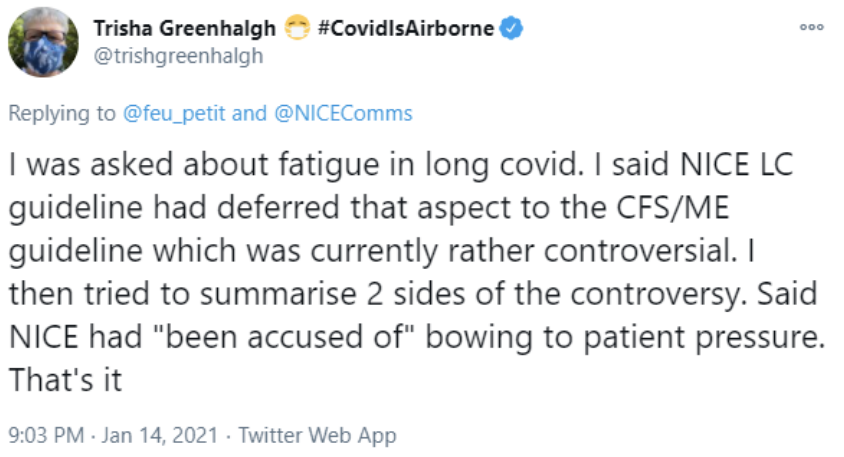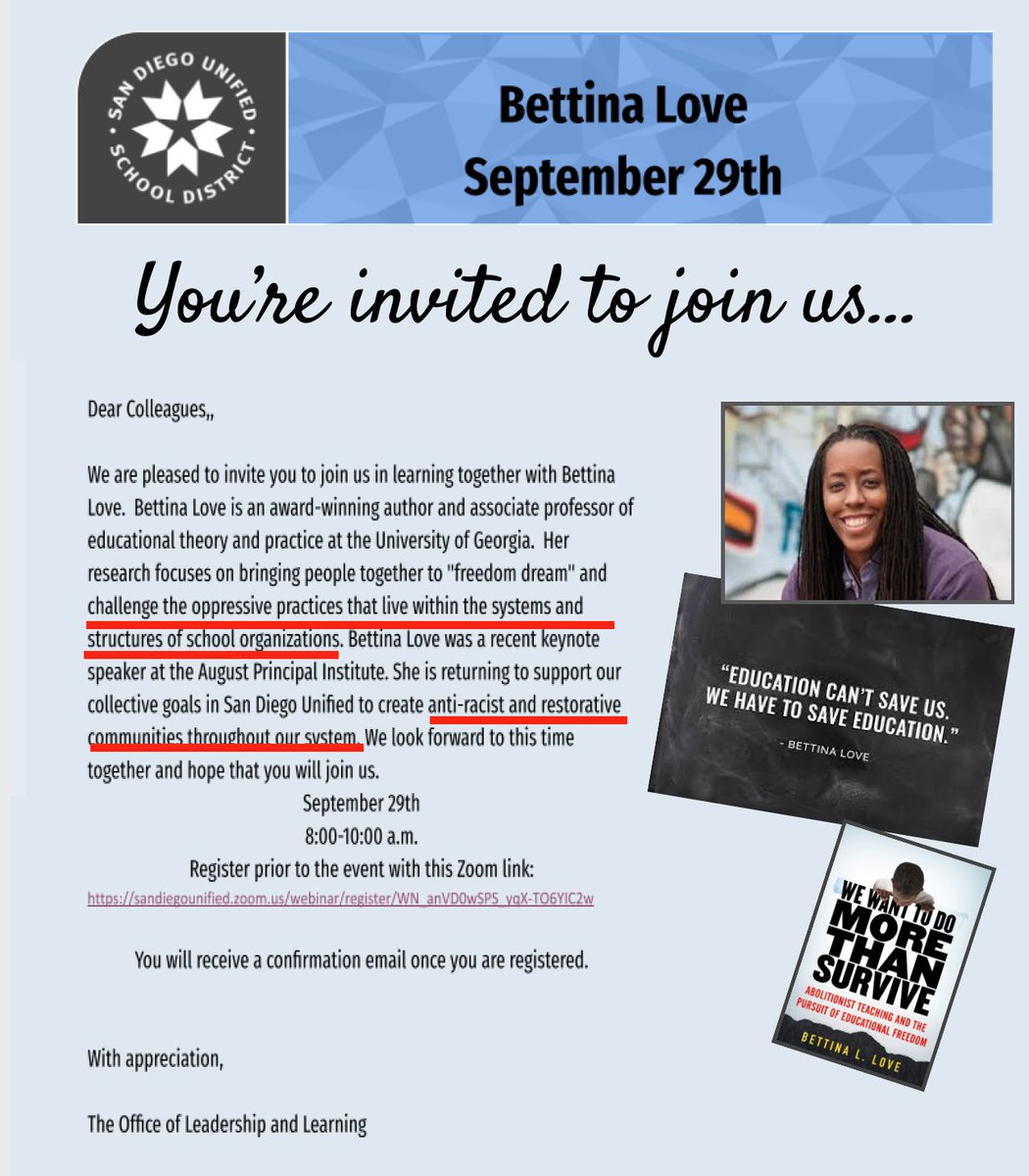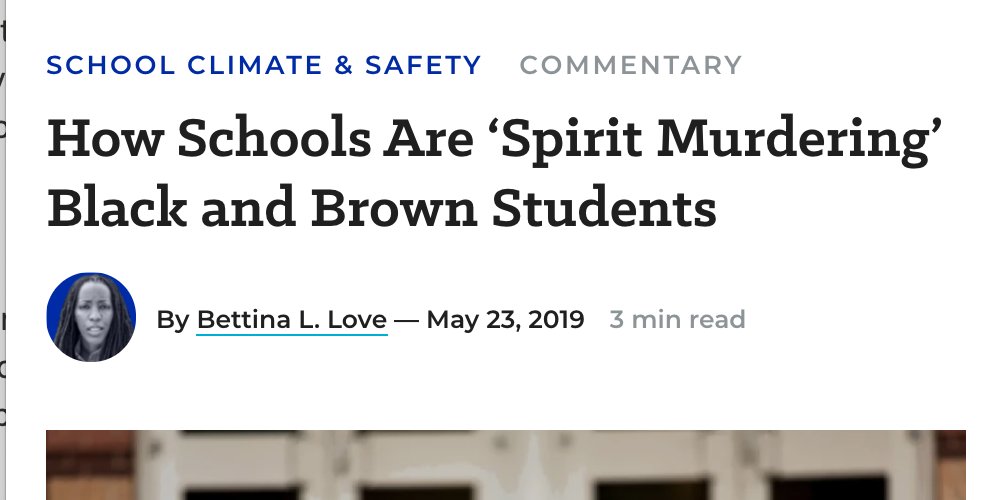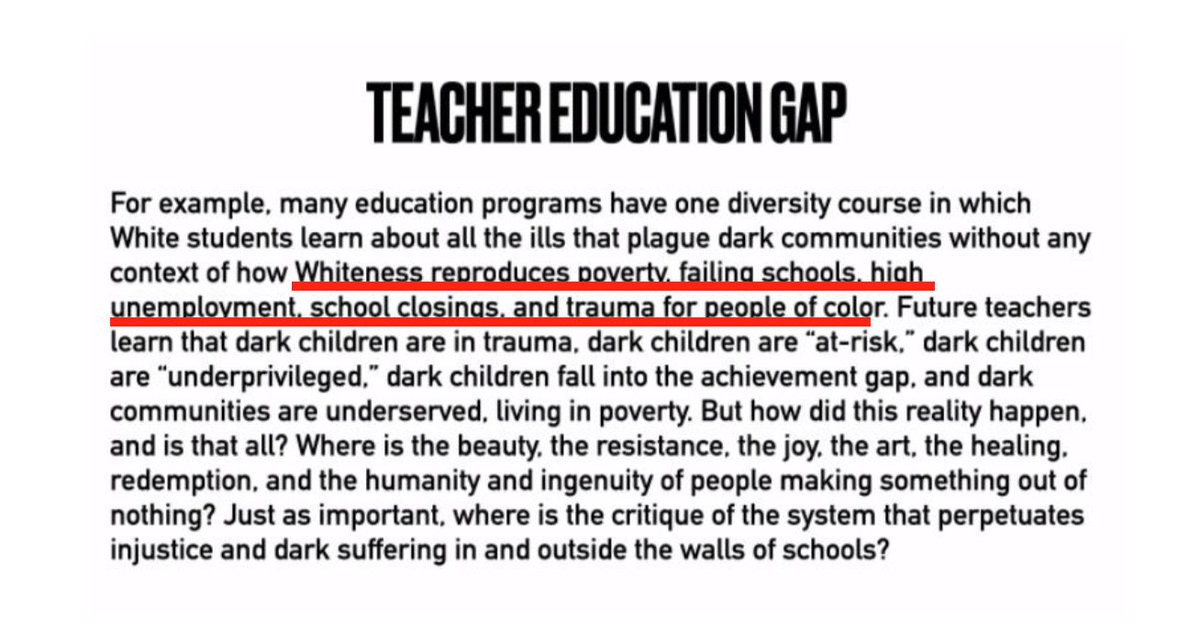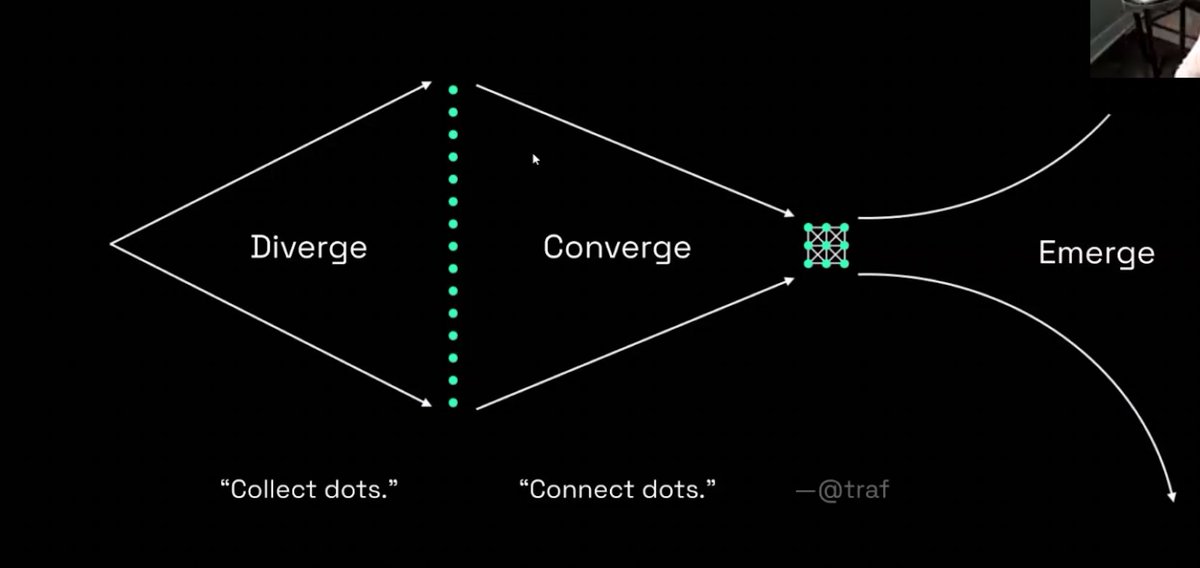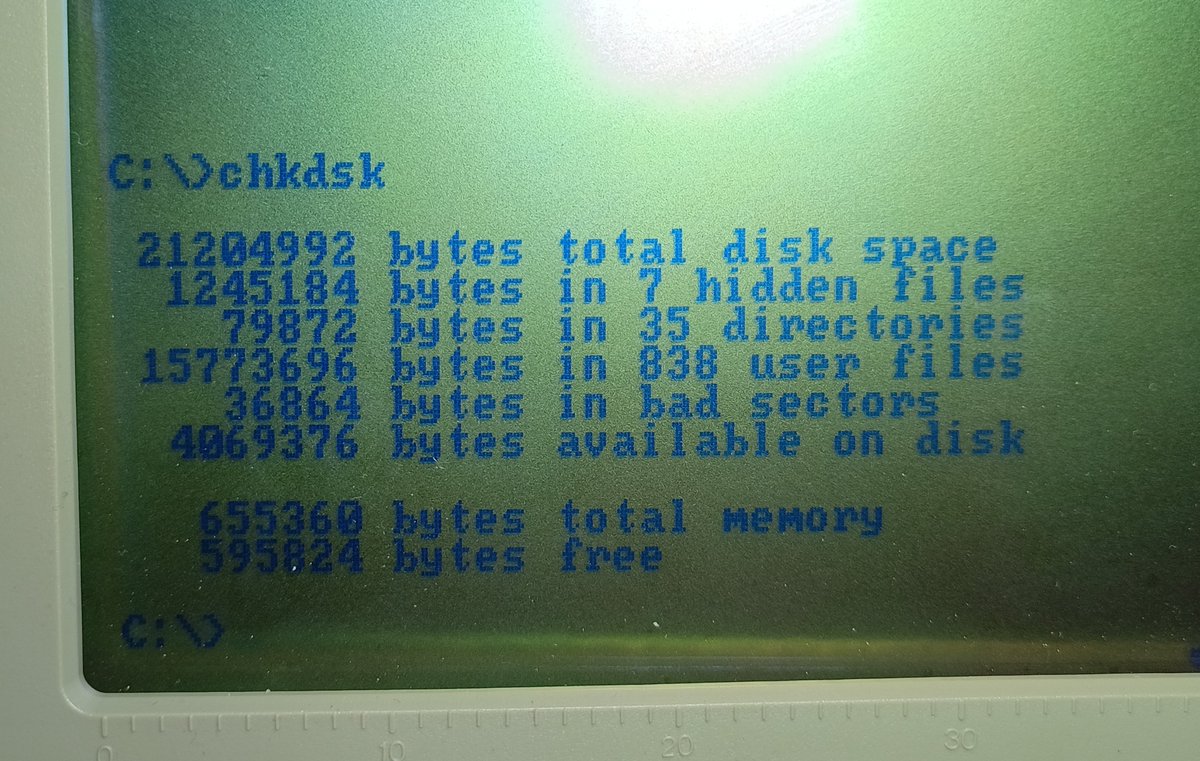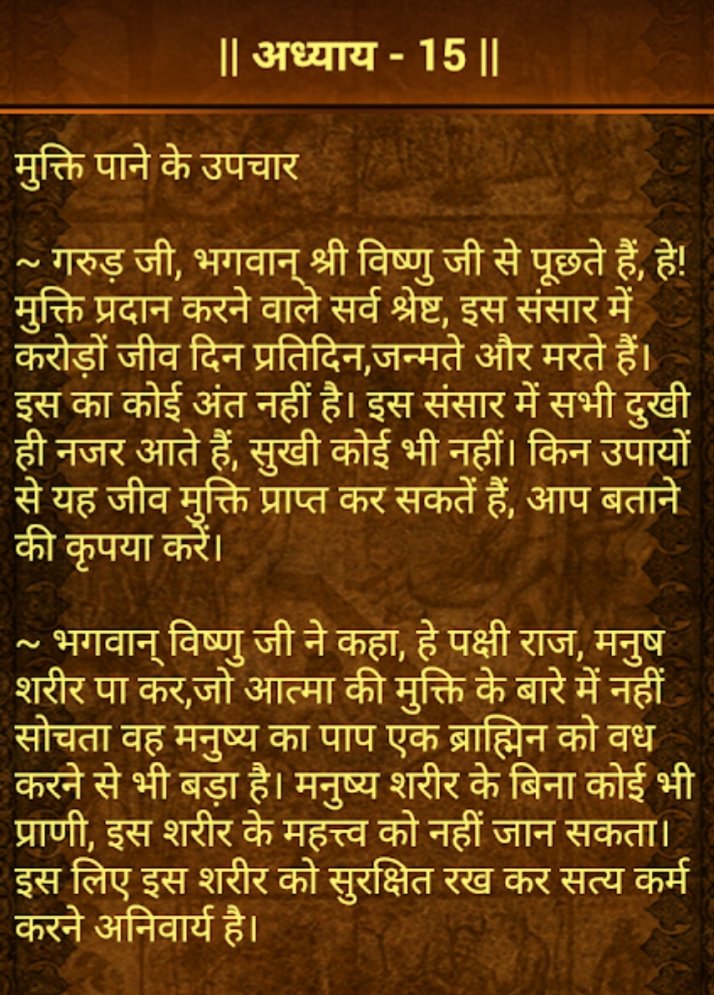She was asked about “Post Exertional Malaise”... 2/n
I held back from commenting overnight to chew it over, but I am still saddened by comments during a presentation I attended yesterday by Prof @trishgreenhalgh & @CIHR_IMHA.
The topic was “LongCovid, Myalgic Encephalomyelitis & More”.
I quote from memory.
1/n
#MECFS #LongCovid
Have you registered for IMHA's next webinar on Long-COVID? Guest speaker Professor Trisha Greenhalgh.
— CIHR-IMHA Community (@CIHR_IMHA) January 12, 2021
When? Tomorrow: *Jan 13th.* 12pm ET
A few spots are left, but going fast!
Registration required: https://t.co/T4PbWNA35Y@KarimKhan_IMHA @CIHR_IRSC @trishgreenhalgh pic.twitter.com/xlWKi4QKF1
She was asked about “Post Exertional Malaise”... 2/n
@Trishgreenhalgh acknowledged the new @NiceComms advice for LongCovid was planned to complement... 3/n
Then it all went wrong.
@TrishGreenhalgh noted the changes to the @NiceComms guidance for ME/CFS, removing support for Graded Exercise Therapy / Cognitive Behavioural Therapy. She noted there is a big debate about this. 4/n
https://t.co/0enH8TFPoe
However Prof Greenhalgh then went off-piste.
5/n
6/n
Aside from ethical issues of naming patients, this is an n=1 case.
7/n
Furthermore, @TrishGreenhalgh failed to mention Prof Jonathan Edwards’ (not on twitter) Expert Testimony.
8/n
His testimony can be found here:
https://t.co/qLhsBJ4Bcu
9/n
I find this ill-befitting of an academic of her standing.
10/n
It puts her view in the field of politics not medicine.
That opens her to political-style criticism, which would be a shame.
11/n
We must play the ball, not the player.
12/n
Perhaps that is why, between 2015-2016 only £5m / year was spent on researching the condition.
Or aproximatly £0.35p per person, per year. Ouch.
https://t.co/TUPEiSCLZq
13/n
It really hurts.
And how ‘aggressive’ were these patients? Is this tweet aggressive? Will I be blocked and blamed?
14/n
I have a fatiguing gut condition and was mis-diagnosed with ME/CFS 4 years ago. I walked 6Km / day.
A specialist ‘undiagnosed’ me as I did not have PEM.
But in 2005, could I have been eligible for a GET study, and might have felt better after exercise.
15/n
She likes to go for walks, and exercises when she can. Had she taken up the offer to participate in a trial, she may have improved too.
16/n
I also experienced gas-lighting from the 20+ docs who told me it was all in my head. Thankfully I now have much better medical support, but many struggle.
17/n
The condition needs research, and that starts with belief, and develops with high-quality, objective science.
END/
I am actually a big supporter of Prof Greenhalgh’s work. Masks are good. So is good patient care.
I have no malicious intent, but it is right to challenge bad pronouncements on this issue.

If you think I have got it wrong, please let me know.
Please challenge misinformation about on ME/CFS, but accept that even great people make mistakes. Forgive.

